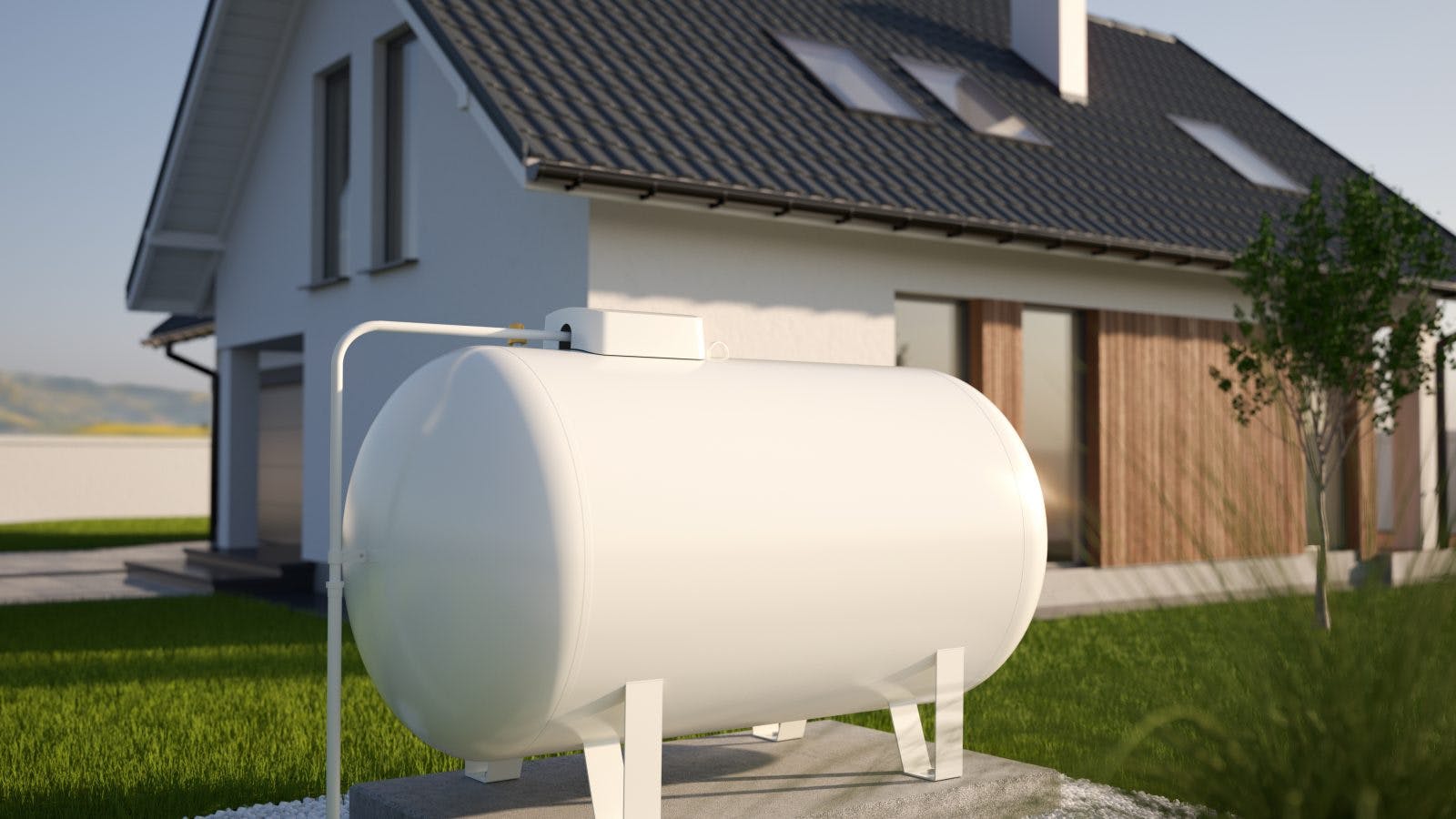City life comes with everyday conveniences of home living – the direct supply of electricity, water and gas to the house, condo or townhome and a home that is connected to a municipal sewer system. That’s not necessarily so as you venture further out to suburban and rural Washington.
Other than having a connection to public electric service, many properties in unincorporated King County, for example, offer a variety of utilities to maintain health and safety in the home. Most residences beyond city boundaries (and sometimes within) are connected to on-site septic systems and many too can have a well for fresh water. Plus, the use of natural gas for cooking and heating is often hit-or-miss.
That’s why it’s important to understand how these energy sources and private services work. We have covered the use of septic systems for buyers and sellers but what about the use of propane, a common source to operate the oven, emergency generator and for heating the home?
Propane is available virtually anywhere because it’s stored on the property and delivered by a local supplier. As buyers tour homes in areas outside Woodinville, Issaquah or Maple Valley, they will likely see a silver or white metal tank on a corner of the property or by the side of the home. That’s probably the propane tank, which can vary in size from 120 to 1000 gallons. (Some tanks are underground.)
Propane residences have several advantages over all-electric homes. Performance is generally top of mind. Propane typically meets all energy needs for a home, from space heating and water heating to outdoor flame lighting and fire pits.
In showing homes to clients, real estate pros sometimes see propane-fueled ovens, which are energy efficient and often provide cost savings over electric appliances. And propane itself is abundant and competitively priced compared with electricity, heating oil or other fuels.
If you’re planning to live in a home fueled with propane, take note of these tips and put them to use:
Summer is the best time to buy. Propane prices are determined by supply and demand. That means summer is the best time to lock in propane pricing since the demand for the fuel is lower during these months. Work with a propane provider to review how much of the gas is needed in a typical year. Stock up when the price is low.
Find the best payment option for you. Some propane providers offer different payment options, so consumers should pick the program that works best in their circumstances.
Prepay plans. Commonly offered during the summer, pre-purchasing propane allows customers to buy at a fixed price.
Budget plans. Projected costs can be paid in equal monthly payments, lessening the immediate impact by spreading out costs over time.
Price caps. Propane providers can establish a maximum price guarantee. Customers should know the price ceiling if offered by the company.
Improve the energy efficiency of your home. Buying a new home is a great time to improve the airtightness of the home or add new insulation so it costs less to heat or cool. It’s also a great opportunity to upgrade to energy-efficient propane appliances. For example, upgrading from an electric-powered water heater to propane condensing tankless version will not only provide homeowners with endless hot water but also save about $150-$200 a year (costs vary based on region and usage).
Apply for appliance rebates. Another great way for homebuyers to save when upgrading their appliances is to apply for rebates. Check to see if your local propane gas associations have rebates available.
Find the right propane provider. One of the unique features of propane is that homeowners can usually choose their provider. That means they can find the right combination of service, experience, cost and response time that works for them. Some suppliers will monitor the tank level and provide automatic fills.
For homeowners interested in reducing their carbon footprint, propane is a low-carbon alternative fuel that burns cleanly and produces significantly fewer greenhouse gas emissions than most other energy sources. In addition, propane is a non-poisonous, non-toxic fuel that won’t contaminate soil or groundwater, making it safe to use anywhere.
Using propane in and around the home can be just as convenient as natural gas or electric. Knowing before purchasing a propane-fueled home is the best move before you buy.




